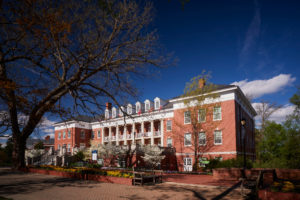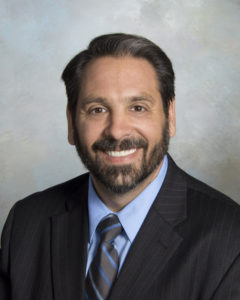From UMW:
 The “Expanding Collegiate Recovery in Virginia” grant, awarded this summer by the Department of Behavioral Health and Developmental Services (DBHDS), will fund growth for UMW’s Eagles in Recovery program. Though a number of colleges claim substance-free housing, the program puts UMW among only a handful in Virginia – and relatively few across the country – to offer support services for students recovering from substance addiction.
The “Expanding Collegiate Recovery in Virginia” grant, awarded this summer by the Department of Behavioral Health and Developmental Services (DBHDS), will fund growth for UMW’s Eagles in Recovery program. Though a number of colleges claim substance-free housing, the program puts UMW among only a handful in Virginia – and relatively few across the country – to offer support services for students recovering from substance addiction.
With weekly meetings, support groups and a dedicated safe space called the “clubhouse,” where those in recovery can escape the pressures of college life, Eagles in Recovery has served at least 10 students since its launch in 2017. Funds from the grant will allow administrators to maintain and expand meetings and resources, bring on other facilitators and more, said Associate Director for Residence Life and Housing Hunter Rauscher, who started the program.
“UMW is in the beginning stages of creating recovery programming and building a recovery community,” Ray Tuttle, director of the Office of Student Conduct and Responsibility, wrote in the grant application. “The emphasis has been, and will continue to be, on protective programming and mutual support, and to make recovery a fun, attractive and easily accessible option for our students.”

Based on a traditional 12-step approach, UMW’s Alcoholics Anonymous/Narcotics Anonymous programs use literature, language, sobriety chips and other tools to help students commit to working with a sponsor, setting tangible goals and staying clean. In addition, Al-Anon/Nar-Anon meetings provide support to those who are impacted by someone in addiction or recovery, either on campus or at home.
Plans for the program’s expansion include the purchase of furniture, supplies and refreshments for the clubhouse, and the development of weekly interest tables to assist with the daunting task of identifying students in need of support. Administrators also hope to train UMW staff members in motivational interviewing and develop relationships with local treatment centers.
“I am very involved and attached to our success. I love it and live it,” said Rauscher, who points to a UMW alum who graduated in May. “I honestly feel that without Eagles in Recovery this student would not have persisted … I am beyond proud.”























